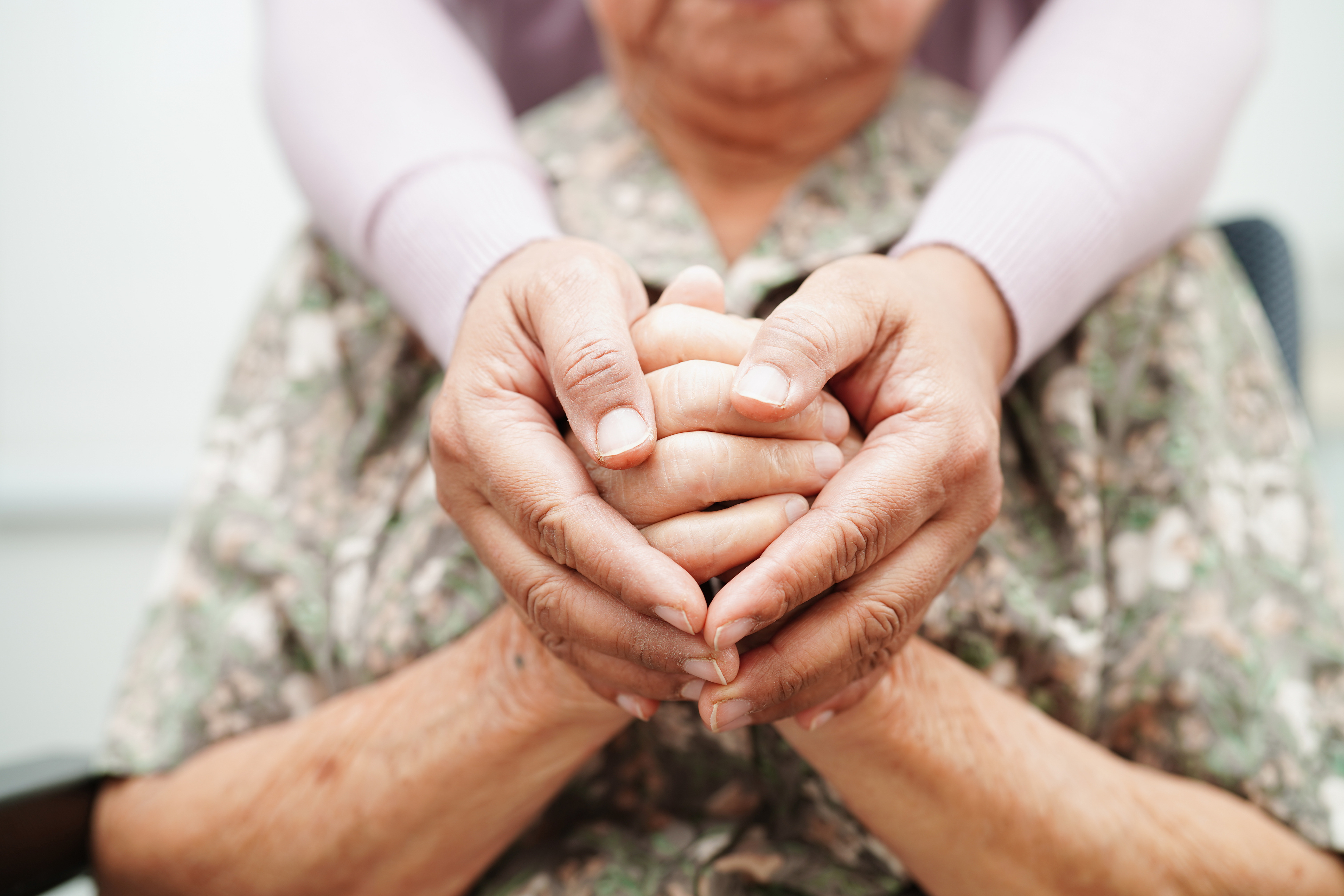With my Mom's recent passing, I thought it apt to bring up a much-needed topic that is important but often not discussed because it is sad and unpleasant to think about. My Mom ultimately had a death the way she would have wanted, despite it being "too soon."
My Dad and I have no second thoughts about making the decision to transition to hospice because we knew my Mom's wishes, and we knew she wanted to die with dignity. It didn't make it easier, but we knew what we had to do.
As a doctor, one of the most important parts of our job is helping people stay healthy and happy. But sometimes, people get very sick, and their bodies start to slow down. When this happens, it's called the end of life. End-of-life care is a deeply personal and important aspect of healthcare. Other times, it is a quicker decline from a sudden medical illness or medical event.
Our job changes when someone is nearing the end of their life. Instead of focusing on curing their illness, we focus on making them comfortable, which is often termed "palliative medicine." This means giving them medicine to ease their pain or other symptoms and just being there to support them and their family.
Advance care planning is a valuable tool in this process. I highly recommend every person, even if in their 30s, have signed documents with, at a minimum, a medical power of attorney (MPOA) listed and a living will. This involves appointing a healthcare proxy to make decisions on your behalf if you are unable to do so and documenting your preferences for medical treatment. Commonly, an MPOA is a spouse or an adult child, but it can be anyone you want. By completing advance directives, you can ensure that your wishes are honored even if you are unable to communicate them directly.
I recommend having these difficult, nitty-gritty discussions in advance with your loved ones and talking about: when you would not want to go through further painful procedures or be on a ventilator or bed-bound, etc., in case these things happened and you are unable at the time to voice your opinions.
Be specific:
- If there is a low chance of being revived, do you want to be DNR (Do Not Resuscitate) to avoid potential pain and suffering (breaking ribs, etc.) to try to revive you?
- If you would need dialysis but could not get off it, are you okay with starting it, knowing that withdrawing it would be more difficult?
- If you are bedridden and have a poor quality of life, are you okay with that, or would you prefer to have a natural death by withdrawing care?
- Where would you like to be when you die (at home, the hospital, or an inpatient hospice)? Most people would say at home, and this has slowly shifted from the majority being in a hospital. Currently, the proportion of people dying at their usual place of residence (home, care home, or religious establishment) has increased over time, from 35% in 2004 to 50% in 2022, with the proportion of deaths occurring at hospitals decreasing from 51% in 2011 to 44% in 2021.
For those of you wondering, my Mom had a heart attack, and the complications from it included diastolic heart failure, which was the ultimate cause of her death. She was a Type 1 diabetic for 58 years, many of those early years with relatively poor diabetes care compared to what we have access to nowadays, so some of her cardiovascular risk was written in stone, but it is worth noting that about 44% of women in the US have cardiovascular disease. That is why at LifeScape, we focus on preventive care and evaluating your cardiovascular risk in detail.
End-of-life discussions are not easy conversations to have, but they help everyone understand what someone wants.
In the end, our goal is to help people have dignity and peace as they reach the end of their life's journey. It's a privilege to be able to support them during this time and help them leave this world with love and comfort.

